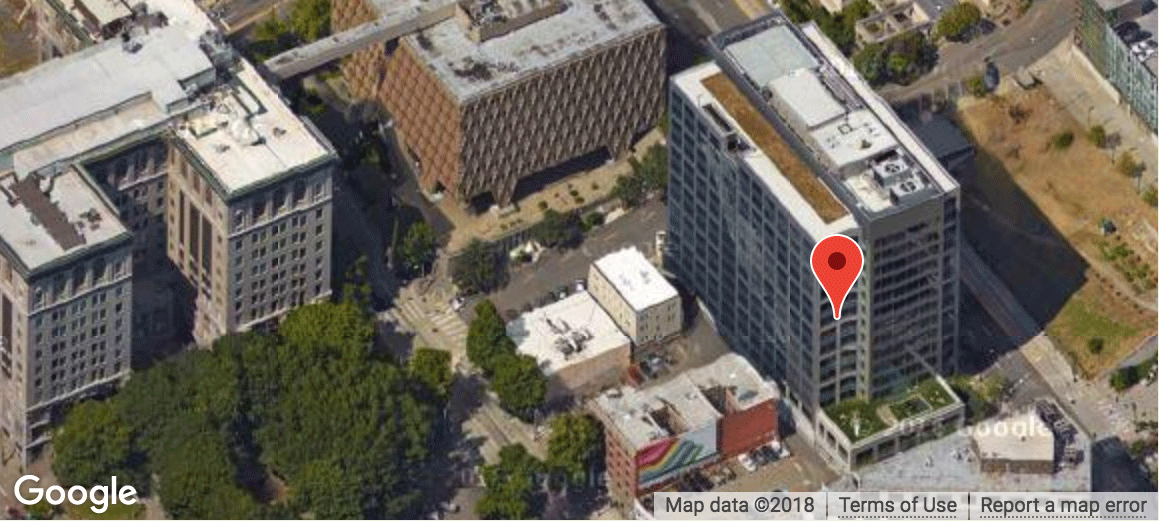DDES Fee Proposal
2011 Executive Proposed Budget
DDES Fee Proposal
The Department of Development and Environmental Services (DDES) is primarily self-supporting, and all permitting and land-use services are supported by revenues generated by fees charged to DDES customers. With the downturn in the economy, specifically as it relates to the dramatic decline in the construction industry, DDES has faced significant declines in revenue over the past several years, and has been using fund balance to supports its operating costs.
DDES has not increased its fees since 2004, despite increases in operational cost drivers such as salary and benefit rates. Without significant changes to operations as well as a new fee structure, DDES would effectively go out of business in 2011. In addition to its financial challenges, DDES has faced criticism about its transparency and customer service. Often clients see DDES as a “black box” not understanding the processes by which permits are reviewed and issued nor how much they would need to pay for services rendered.
DDES Budget Information
|
2009 Actual Expenditures/ Adopted FTEs |
2010 Adopted |
2011 Proposed |
Expenditures (in thousands) |
27,644 |
21,894 |
19,277 |
FTEs |
223 |
147.50 |
115.50 |
In response to these circumstances, DDES has been making significant changes to its operational structure and practices. Instrumental in these changes is a new fee structure assumed in the DDES 2011 Executive Proposed Budget. The new fee structure and the activities it supports will provide transparent and sustainable revenue for DDES and better service for DDES customers in the form of greater fee predictability, consistency among similar permits, and simplicity. These benefits are in addition to process improvements that DDES staff are implementing, including their new “over the counter” permitting process that will provide expedited, one-day review processes for many permit types.
The new rate structure includes:
- expanded use of “flat” fees (fixed amounts for permits rather than hourly charges);
- an implicit fee increase for some fee types; and
- a surcharge for exceptional costs.
The proposed budget anticipates having flat fees for 90 percent of applications and 80 percent of total fee revenues. This change will provide more transparency and predictability for customers applying for permits. The new fee structure will allow DDES to achieve full cost recovery for its services and will provide incentives for efficiency.
DDES will establish a four-year, 5 percent surcharge on permit fees to partially fund the completion of Permit Integration and to support future relocation costs. The Permit Integration Project will improve the customer experience through on-line permitting activities and a future relocation will decrease DDES occupancy costs. The surcharge supports DDES’ recovery of exceptional costs without building the costs into long-term rates.
Return to:
| King County Executive Dow Constantine |
 |
|
Read the Executive's biography |
|

 Translate
Translate
